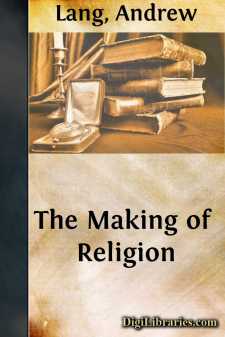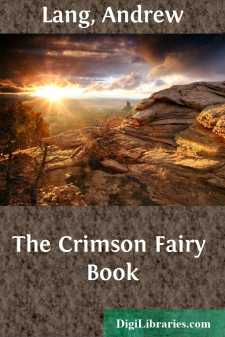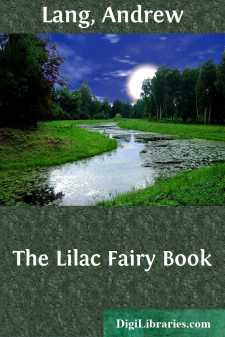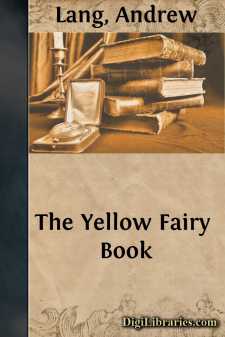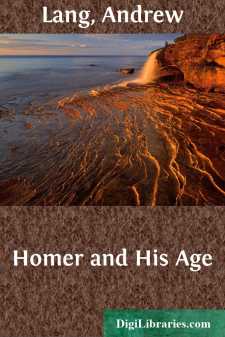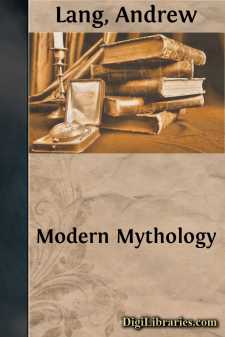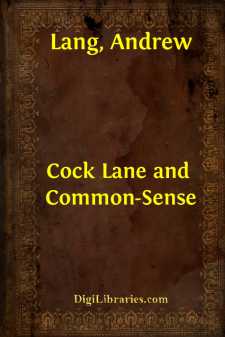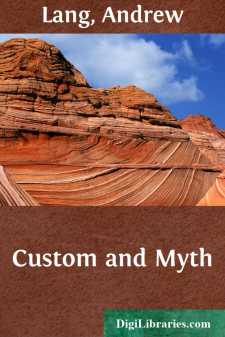Categories
- Antiques & Collectibles 13
- Architecture 36
- Art 48
- Bibles 22
- Biography & Autobiography 813
- Body, Mind & Spirit 142
- Business & Economics 28
- Children's Books 15
- Children's Fiction 12
- Computers 4
- Cooking 94
- Crafts & Hobbies 4
- Drama 346
- Education 46
- Family & Relationships 57
- Fiction 11828
- Games 19
- Gardening 17
- Health & Fitness 34
- History 1377
- House & Home 1
- Humor 147
- Juvenile Fiction 1873
- Juvenile Nonfiction 202
- Language Arts & Disciplines 88
- Law 16
- Literary Collections 686
- Literary Criticism 179
- Mathematics 13
- Medical 41
- Music 40
- Nature 179
- Non-Classifiable 1768
- Performing Arts 7
- Periodicals 1453
- Philosophy 64
- Photography 2
- Poetry 896
- Political Science 203
- Psychology 42
- Reference 154
- Religion 513
- Science 126
- Self-Help 84
- Social Science 81
- Sports & Recreation 34
- Study Aids 3
- Technology & Engineering 59
- Transportation 23
- Travel 463
- True Crime 29
The Making of Religion
by: Andrew Lang
Description:
Excerpt
I
INTRODUCTORY CHAPTER
The modern Science of the History of Religion has attained conclusions which already possess an air of being firmly established. These conclusions may be briefly stated thus: Man derived the conception of 'spirit' or 'soul' from his reflections on the phenomena of sleep, dreams, death, shadow, and from the experiences of trance and hallucination. Worshipping first the departed souls of his kindred, man later extended the doctrine of spiritual beings in many directions. Ghosts, or other spiritual existences fashioned on the same lines, prospered till they became gods. Finally, as the result of a variety of processes, one of these gods became supreme, and, at last, was regarded as the one only God. Meanwhile man retained his belief in the existence of his own soul, surviving after the death of the body, and so reached the conception of immortality. Thus the ideas of God and of the soul are the result of early fallacious reasonings about misunderstood experiences.
It may seem almost wanton to suggest the desirableness of revising a system at once so simple, so logical, and apparently so well bottomed on facts. But there can never be any real harm in studying masses of evidence from fresh points of view. At worst, the failure of adverse criticism must help to establish the doctrines assailed. Now, as we shall show, there are two points of view from which the evidence as to religion in its early stages has not been steadily contemplated. Therefore we intend to ask, first, what, if anything, can be ascertained as to the nature of the 'visions' and hallucinations which, according to Mr. Tylor in his celebrated work 'Primitive Culture,' lent their aid to the formation of the idea of 'spirit.' Secondly, we shall collect and compare the accounts which we possess of the High Gods and creative beings worshipped or believed in, by the most backward races. We shall then ask whether these relatively Supreme Beings, so conceived of by men in very rudimentary social conditions, can be, as anthropology declares, mere developments from the belief in ghosts of the dead.
We shall end by venturing to suggest that the savage theory of the soul may be based, at least in part, on experiences which cannot, at present, be made to fit into any purely materialistic system of the universe. We shall also bring evidence tending to prove that the idea of God, in its earliest known shape, need not logically be derived from the idea of spirit, however that idea itself may have been attained or evolved. The conception of God, then, need not be evolved out of reflections on dreams and 'ghosts.'
If these two positions can be defended with any success, it is obvious that the whole theory of the Science of Religion will need to be reconsidered. But it is no less evident that our two positions do not depend on each other. The first may be regarded as fantastic, or improbable, or may be 'masked' and left on one side. But the strength of the second position, derived from evidence of a different character, will not, therefore, be in any way impaired....


